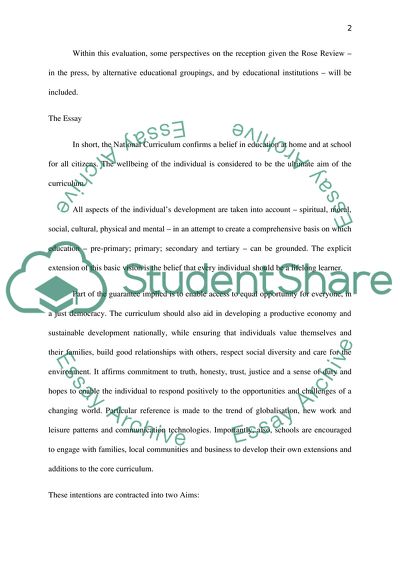Cite this document
(“Personalised Learning, the National Curriculum and the Rose Review Essay”, n.d.)
Personalised Learning, the National Curriculum and the Rose Review Essay. Retrieved from https://studentshare.org/education/1731665-full-title-written-in-assignement-criteria-box
Personalised Learning, the National Curriculum and the Rose Review Essay. Retrieved from https://studentshare.org/education/1731665-full-title-written-in-assignement-criteria-box
(Personalised Learning, the National Curriculum and the Rose Review Essay)
Personalised Learning, the National Curriculum and the Rose Review Essay. https://studentshare.org/education/1731665-full-title-written-in-assignement-criteria-box.
Personalised Learning, the National Curriculum and the Rose Review Essay. https://studentshare.org/education/1731665-full-title-written-in-assignement-criteria-box.
“Personalised Learning, the National Curriculum and the Rose Review Essay”, n.d. https://studentshare.org/education/1731665-full-title-written-in-assignement-criteria-box.


